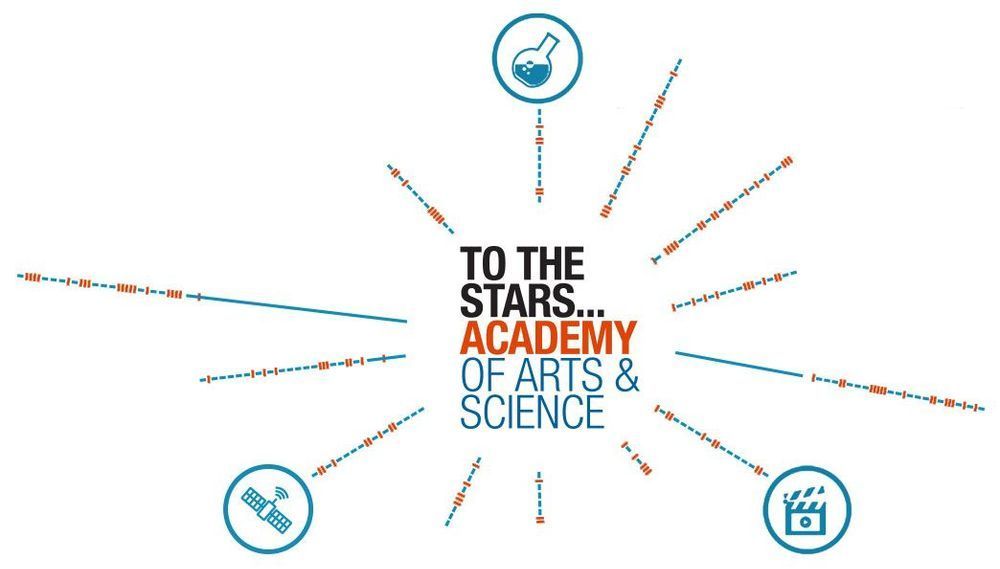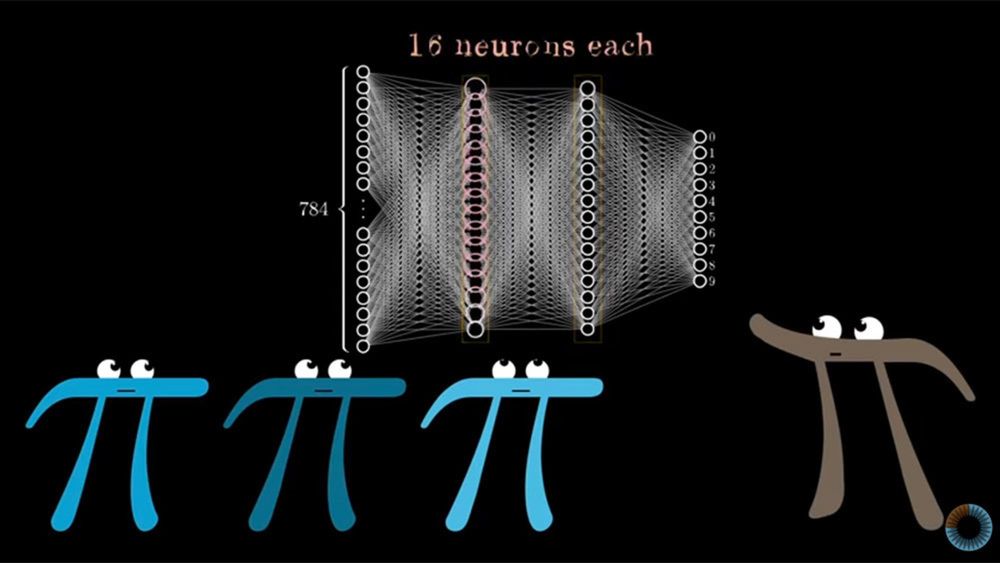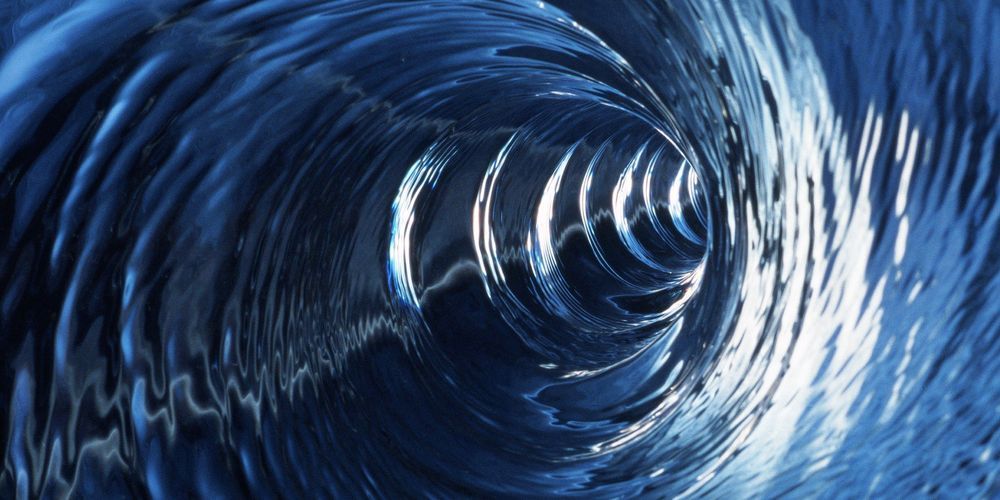The ultimate lander arcade game available now on google play! humanity needs you!
Category: entertainment – Page 88
To The Stars Academy
We are working to achieve our mission via an entertainment, science and aerospace consortium that engages with global citizens to investigate the outer edges of science and unconventional thinking in order to push human knowledge and ultimately, our collective capability forward.

Thanks to the support of the investors from our first offering, we have built a solid foundation for To The Stars Academy of Arts & Science and look forward to accepting new investors on our journey to propel the company’s three divisions forward.
New Sims Simulations
Play some video games.
By converting our sims to HTML5, we make them seamlessly available across platforms and devices. Whether you have laptops, iPads, chromebooks, or BYOD, your favorite PhET sims are always right at your fingertips.
Become part of our mission today, and transform the learning experiences of students everywhere!
PhET Quick Tips
The Strongest Man in History: Mast Lift Challenge | Exclusive | History
The strongmen warm-up by lifting a 900 pound mast before an even heavier challenge in this digital exclusive from “Stronger Than a Viking”. #StrongestMan
Subscribe for more from Strongest Man in History and other great HISTORY shows: http://po.st/SubscribeToHistory
Find out more about the show and watch full episodes on our site:
http://po.st/the-strongest-man-in-history
Check out exclusive HISTORY content:
History Newsletter: http://po.st/HistoryNewsletter
Website — http://po.st/HistoryWeb
Facebook — http://po.st/HistoryFacebook
Twitter — http://po.st/HistoryTwitter"
HISTORY’s new series “The Strongest Man In History,” will send four of the world’s leading strongmen;—Brian Shaw, Eddie Hall, Robert Oberst and Nick Best—on a journey across the world to seek out history’s most legendary titans of strength, celebrate their feats of fortitude, immerse themselves in their history and attempt to break their long-standing records, some of which have endured for hundreds of years.
HISTORY® is the leading destination for award-winning original series and specials that connect viewers with history in an informative, immersive, and entertaining manner across all platforms. The network’s all-original programming slate features a roster of hit series, premium documentaries, and scripted event programming.

Why artificial neural networks have a long way to go before they can ‘see’ like us
Artificial neural networks were created to imitate processes in our brains, and in many respects – such as performing the quick, complex calculations necessary to win strategic games such as chess and Go – they’ve already surpassed us. But if you’ve ever clicked through a CAPTCHA test online to prove you’re human, you know that our visual cortex still reigns supreme over its artificial imitators (for now, at least). So if schooling world chess champions has become a breeze, what’s so hard about, say, positively identifying a handwritten ‘9’? This explainer from the US YouTuber Grant Sanderson, who creates maths videos under the moniker 3Blue1Brown, works from a program designed to identify handwritten variations of each of the 10 Arabic numerals (0−9) to detail the basics of how artificial neural networks operate. It’s a handy crash-course – and one that will almost certainly make you appreciate the extraordinary amount of work your brain does to accomplish what might seem like simple tasks.
Video by 3Blue1Brown
The work of a sleepwalking artist offers a glimpse into the fertile slumbering brain.

The Magnetohydrodynamic Drive Is Real—and You Can Build One
I know it’s an old movie (and it was an even older book before that), but I want to look at the physics of the special submarine drive in The Hunt for Red October. In the story, the Russians build a so-called “caterpillar drive” using hydro-magneto power instead of the traditional propeller. This new drive is way quieter than the traditional type—so quiet that it could sneak up on the United States and blow it up. Spoiler alert: It doesn’t.
Here is the cool part: This magnetohydrodynamic drive, which turns water into a sort of rotor, is a real thing. (Although technically in the book version this drive is something other than magnetohydrodynamic. Quibbles.) In fact, it’s pretty simple to build. All you really need is a battery, a magnet, and some wires. Oh, also this will have to operate in salt water, so you might need some salt. Here is the basic setup.
You’ve read your last complimentary article this month. To read the full article, SUBSCRIBE NOW. If you’re already a subscriber, please sign in and and verify your subscription.


Pillars of light appear in Sulu skies
“Pillars of light” appeared again in the province of Sulu this year, and were captured in several photos shared by netizens. Current latest trending Philippine headlines on science, technology breakthroughs, hardware devices, geeks, gaming, web/desktop applications, mobile apps, social media buzz and gadget reviews.
This artificial gravity machine is right out of 2001: A Space Odyssey
You know that spherical ship from 2001: A Space Odyssey that generated its own gravity by spinning around in the cosmic void? We’re not there yet, but we’re getting closer.
Microgravity can be detrimental for the human body, because our species just wasn’t made to survive in space without high-tech help. Now aerospace engineer Torin Clark and his team from CU Boulder are turning the artificial gravity tech from movies like 2001 and The Martian into a reality. While an entire ship that makes its own gravity is still light-years away, the team has managed to design a revolving contraption that could save astronauts from too much zero-G exposure.
On future space stations, these revolving machines designed by Clark and his team could occupy their own rooms, which would be ideal for astronaut time-outs. It’s kind of like a space spa — astronauts could spend several hours in these rooms recharging from the effects of microgravity. If these machines can eventually prove that they hold up somewhere like the ISS, they could be the answer to deep space missions that take us to Mars and beyond.

Molecular energy machine as a movie star
Researchers at the Paul Scherrer Institute PSI have used the Swiss Light Source SLS to record a molecular energy machine in action and thus to reveal how energy production at cell membranes works. For this purpose they developed a new investigative method that could make the analysis of cellular processes significantly more effective than before. They have now published their results in the journal Science.